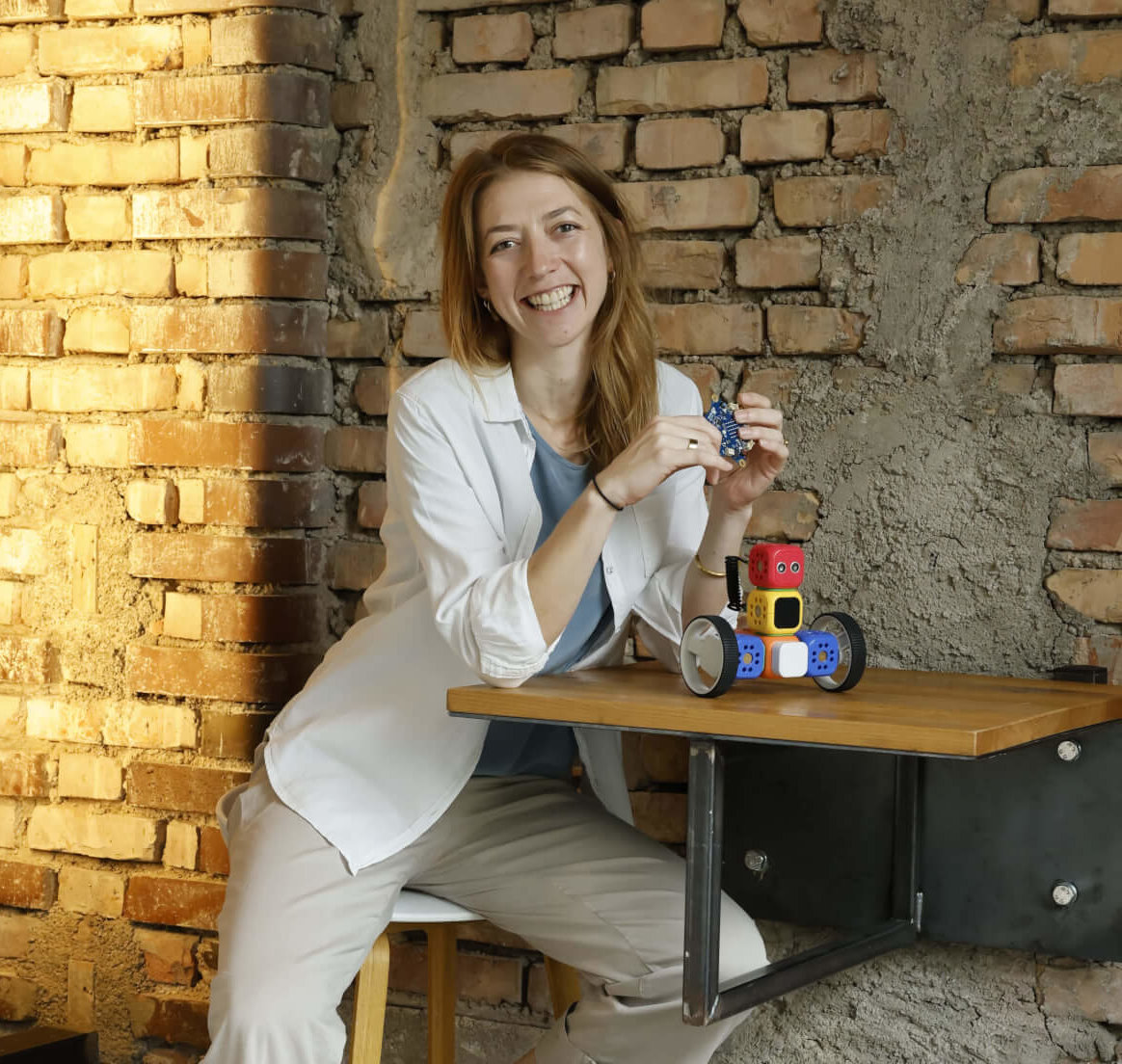Svenia Busson: Everything can be changed!
EdTech Austria got together with Svenia Busson, a global education explorer and entrepreneur. Svenia is the co-creator of EdTech France and the European EdTech Alliance. We talked about the European EdTech Ecosystem, its most innovative formats and the role female founders play in it.
Which start-up can’t we live without in 2050?
I think it will be some kind of technology, any type of technology that will empower each individual to find their strength and their way. Which empowers them to become what they want and do the things they want to do. Some sort of enabler of the growth mindsets. Do you know the growth movement? I strongly believe in that. Having a growth mindset means that you believe basic abilities can be developed through hard work, dedication, and persistence, which in turn can improve performance and knowledge.
How does that affect education?
I think in most education systems what we lack is bringing this growth mindset to life and teaching the kids to develop it. It’s not about technology. It’s about what we do with it, and I think a growth mindset is one of the most important aspects of development. And the kids that showcase growth mindsets succeed better in school and are more at ease with themselves. So, I really think a lot of things stem from the mindset that you have in life, not just in school, anyone should develop a growth mindset.
Does the mindset contribute to the reality that woman have it harder to succeed than men? Why do you think it’s harder for woman?
The data shows, on the OECD level, that boys have more of a growth mindset than girls. The difference is not significant, but it’s still a difference. We need to teach girls to be more confident, to believe in themselves and believe in their strengths, because there’s a huge bias in how they grow up. I think as parents, we don’t realize the difference we make when having a boy or a girl, and we think we raise them the same way. There’s this intrinsic behaviour, it’s completely unconscious, but people do it. And I think we need to be very careful. The school also has a huge role in that.
What does female empowerment mean for you?
Access to equal opportunities and seeing the power of women! For years we haven’t been seeing them. Haven’t really acknowledged them. That they are as brilliant and capable as men. I think we know now, but also acknowledging that we have some biases, is super important. And we need to be careful about these biases, that’s key, especially in businesses and in entrepreneurship!
Women raise less money. Why is it harder for them?
I asked a lot of Venture Capitals in Edtech, how many women versus men they funded? I did a little analysis of that and wrote an article to be found on LinkedIn.
I did a lot of research plus I see it when women pitch their start-up versus when men pitch. Men have this sort of assertiveness, where they are confident, because it’s who they are. Sometimes I have a woman, CEO, she’s going through her slides, never talking about herself, but talking about her team only. For example, one went to Harvard, and she built two start-ups before. She’s a badass, but she’s only talking about her team. I am like, can you talk about yourself? But for them, it’s hard to put themselves forward. We have a full session, a full month, during the female fellowship on personal branding. And they all say, it’s so hard for us to put ourselves out there, because for them it’s bragging. And for men, it’s completely normal. They don’t think of that as bragging. Women love to talk about their companies, but about themselves, they feel uncomfortable.
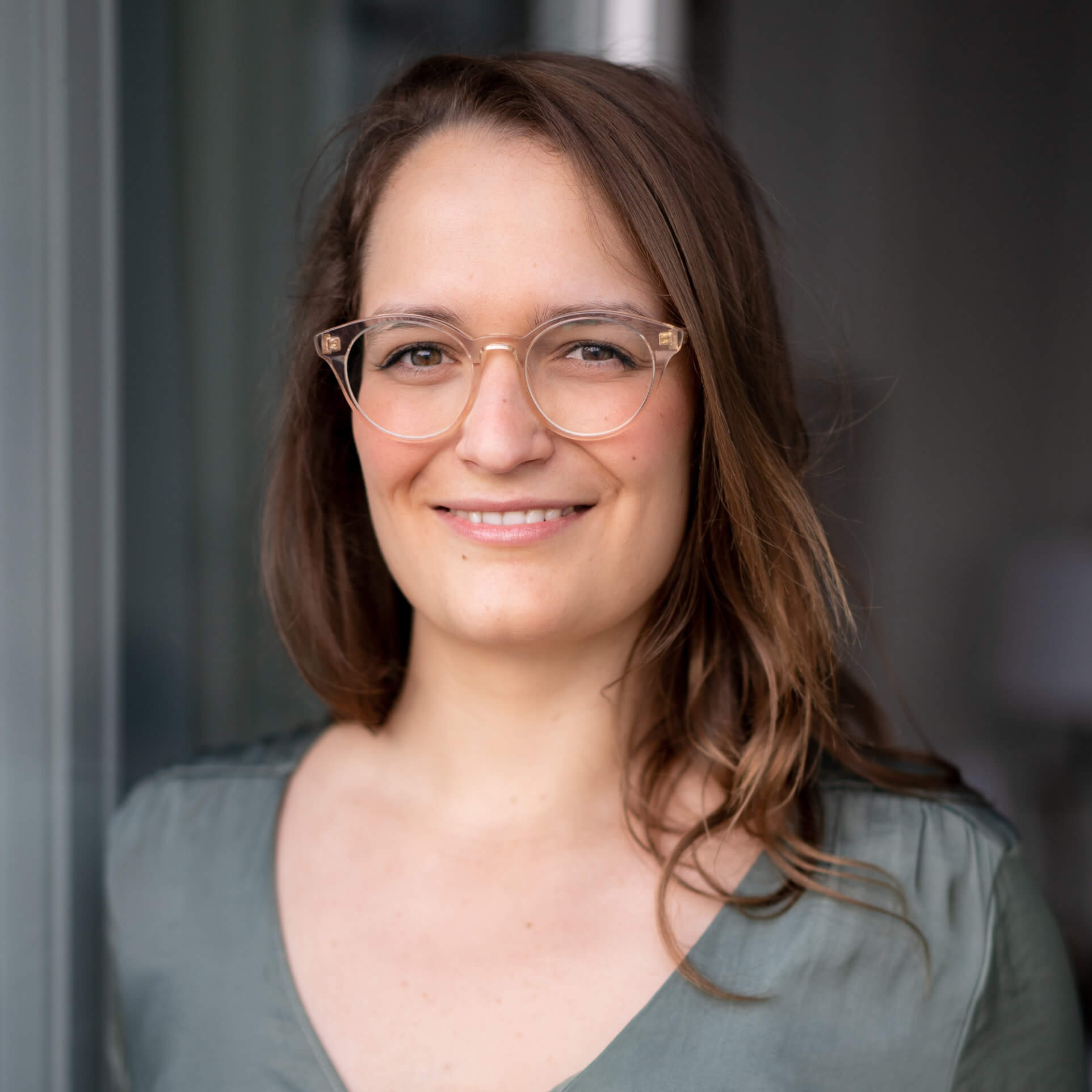
Can the structures in society which lead to the specific mindset on men and women be changed?
I think everything can be changed. For sure! But it takes time – I think, it takes generations and generations to change. Also, we must not forget that women and men don’t have the same biology – slash we’re not intrinsically the same. I think most people are not conscious of the intrinsic difference between men and women. They don’t have high hormone variations, they don’t bear children, just to name two.
You co-founded the EdTech Alliance, where do you see it in 10 to 20 years?
I hope, we become the European go-to-player for each new policy on the European level. That we, as representers of the industry, are going to be part of the decision-making process.
And on the start-up side, I want us to become an accelerator of talent, and accelerator of businesses, like bridging different worlds. Make sure that start-ups can see the European market as a market – help them go from one country to another more easily. Accelerating their growth, contributing to building the European giants. We don’t have these giants yet. We have one or two, but I think we can do so much more. We have so many amazing talents, in terms of pedagogy in Europe. Nowhere else in the world do we have such brightness in terms of how good learning is done. I think we can export that to the world if we succeed in building amazing businesses. We would love the European EdTech Alliance in 10 years to be responsible for at least a part of these successes.
Let’s say we educate people to become a part of a country and its society. In each country, there’s differences in the culture of the country. How do we handle these differences in one Alliance?
Europe’s diversity is rich and that is something to treasure, because we learn a lot from each other. But we should also ease the interoperability. So that we establish a European procurement process, for example. So that it’s easier for start-ups to sell to a school in Austria and a school in France.
When you travelled the globe with the EdTech tours, you gathered an insight into innovative educational formats. Is there a common denominator?
I think the commonality is putting the learner first and thinking about how people learn and what’s efficient. EdTechs use the knowledge of the research in cognitive neuroscience. We don’t learn passively. We don’t learn when we sit for 8 hours a day. We learn efficiently when we move around. When we are actively engaged in our learning. When we take responsibility for it. When we have the right mindset. In all these most amazing initiatives, these aspects were considered.
As I wrote in my book Exploring the Future of Education we are pioneers in terms of understanding the human and the learning brain. Although researchers come from across the globe, the Europeans were the first to introduce the research in our schools, especially in the Northern countries.
In Europe, EdTechs are experiencing a culture of resistance to the implementation of new technologies. Why is that?
It’s true, if we talk about EdTech. EdTech is much more present in US schools, because they don’t have this resistance towards technological change that we have, and it’s way easier for them to just integrate technology in their schools. All school districts have a budget for Edtech. So, they are much more advanced. Europe is different because we don’t really like change so much . But EdTech is more than just technology, it is also about pedagogy and how we teach and learn better. It is about how we can change how things are done in a classroom. How people learn in general, and how can technology help in that.
To round off with a positive look into the future, what are your goals for the next 5 years?
I would love to continue my work in education and bring these ideas that move me, that transcend me almost, forward, to a larger audience. To contribute to the change of the European landscape, how it evolves and how it becomes a fertile land for start-ups. I am not feeling French or German, I feel European. I want people to feel that Europe can do amazing things for our education system, that things are going to move forward. I think for the next five years I have plenty of work on my head.
Svenia, thank you so much for your time!
Thank you, it was really nice talking to you!
About Svenia Busson
Svenia Busson is a Paris-born French-German education explorer and entrepreneur. At business school, together with a friend she started the Think-Tank ‘Edtech Tours’. Then she built her first business, which was a start-up accelerator that turned into a consultancy for schools and universities, called learnspace. Svenia built the first network for education entrepreneurs in France, called the EdTech France. This was followed by the European EdTech Alliance, which is a consortium of national trade and industry associations. It represents 26 different organisations like EdTech France, EdTech Austria and others. Within the Alliance she runs a fellowship for female founders. The second edition of Svenia’s book ‘Exploring the Future of Education’, was published in 2021. The book covers best practices and top education innovations from around Europe. Listen to Svenia’s newest project, a podcast uncovering impact investing strategies for entrepreneurs: Impact 10x.
More articles
The following articles might also interest you.
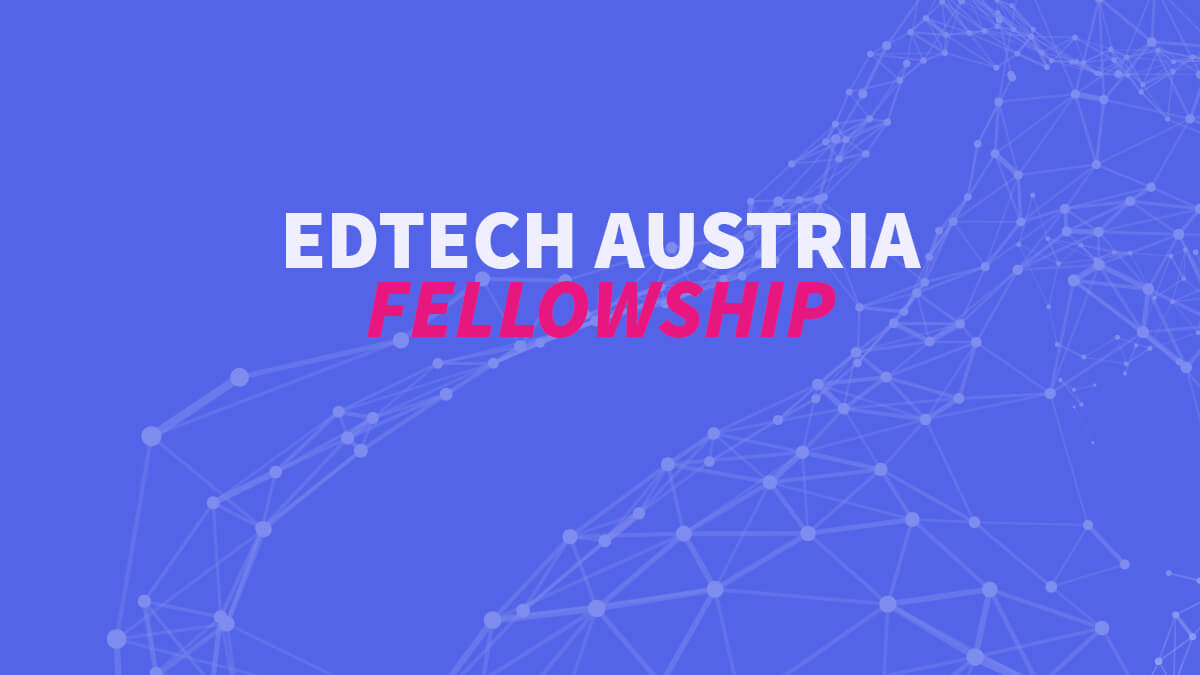
EdTech Austria Fellowship
24. October 2024
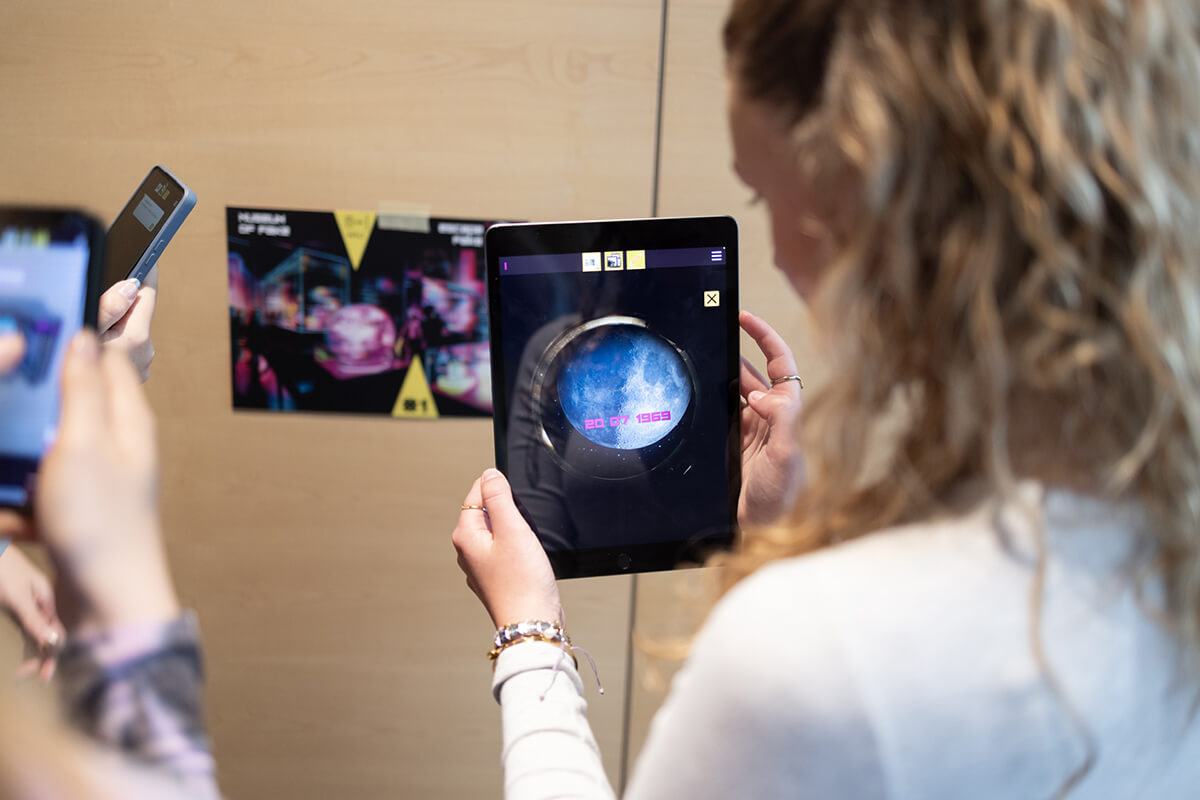
AR, VR and XR: Shaping Learning through Virtual Worlds
30. June 2025
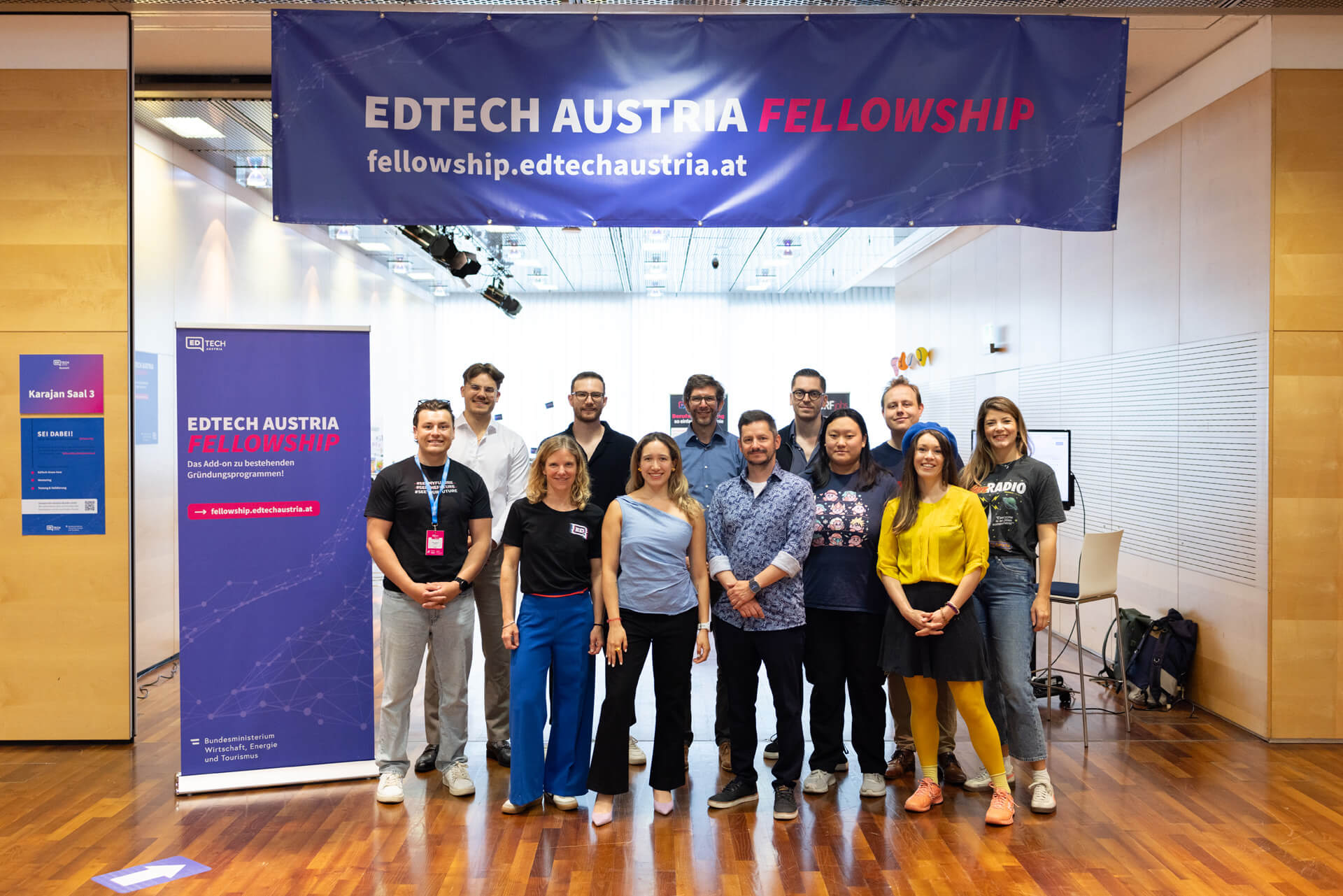
EdTech for all, all for EdTech – shaping the world of education together
18. June 2025
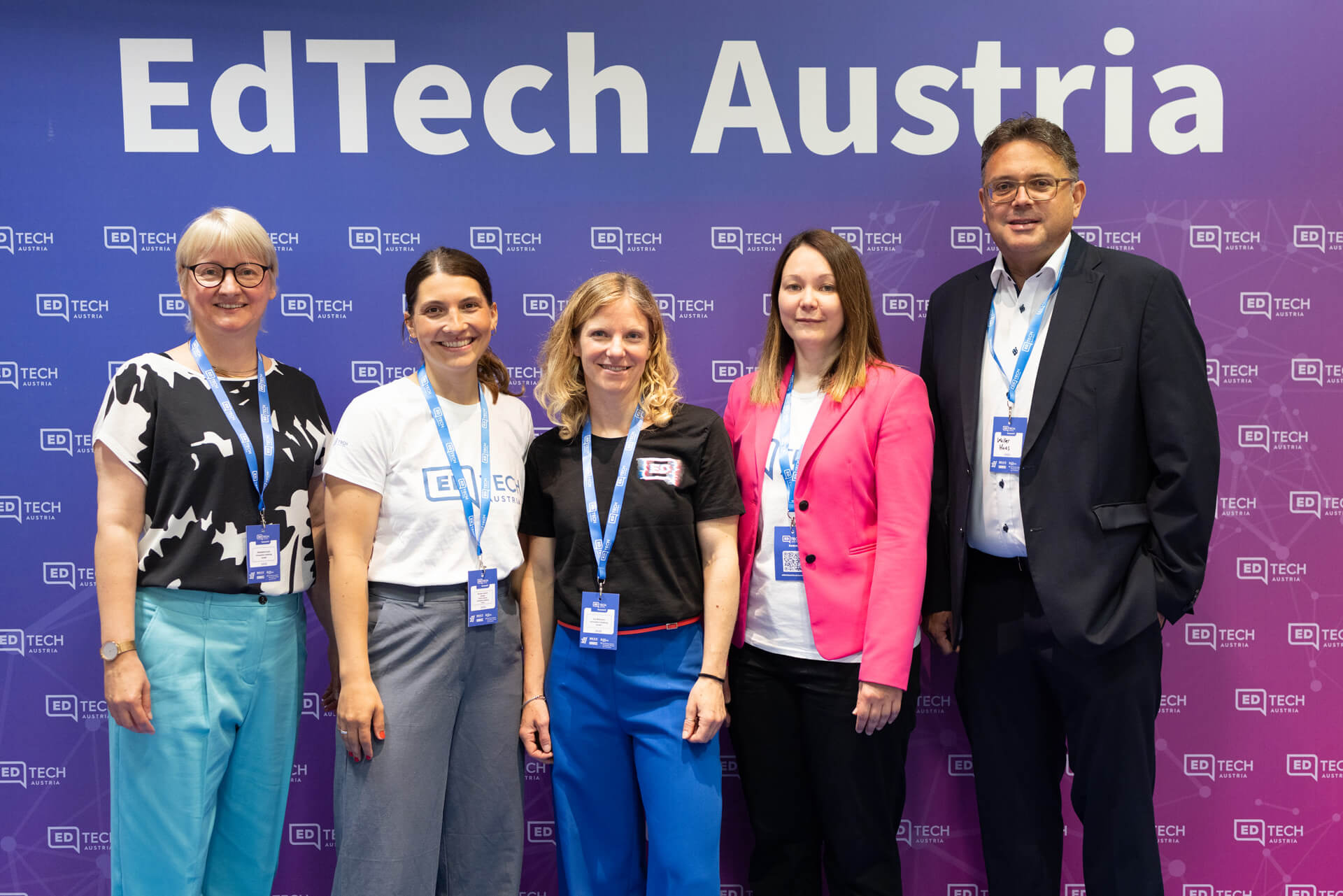
Real-World Practice Meets Innovation: The Fourth EdTech Austria Summit
3. June 2025
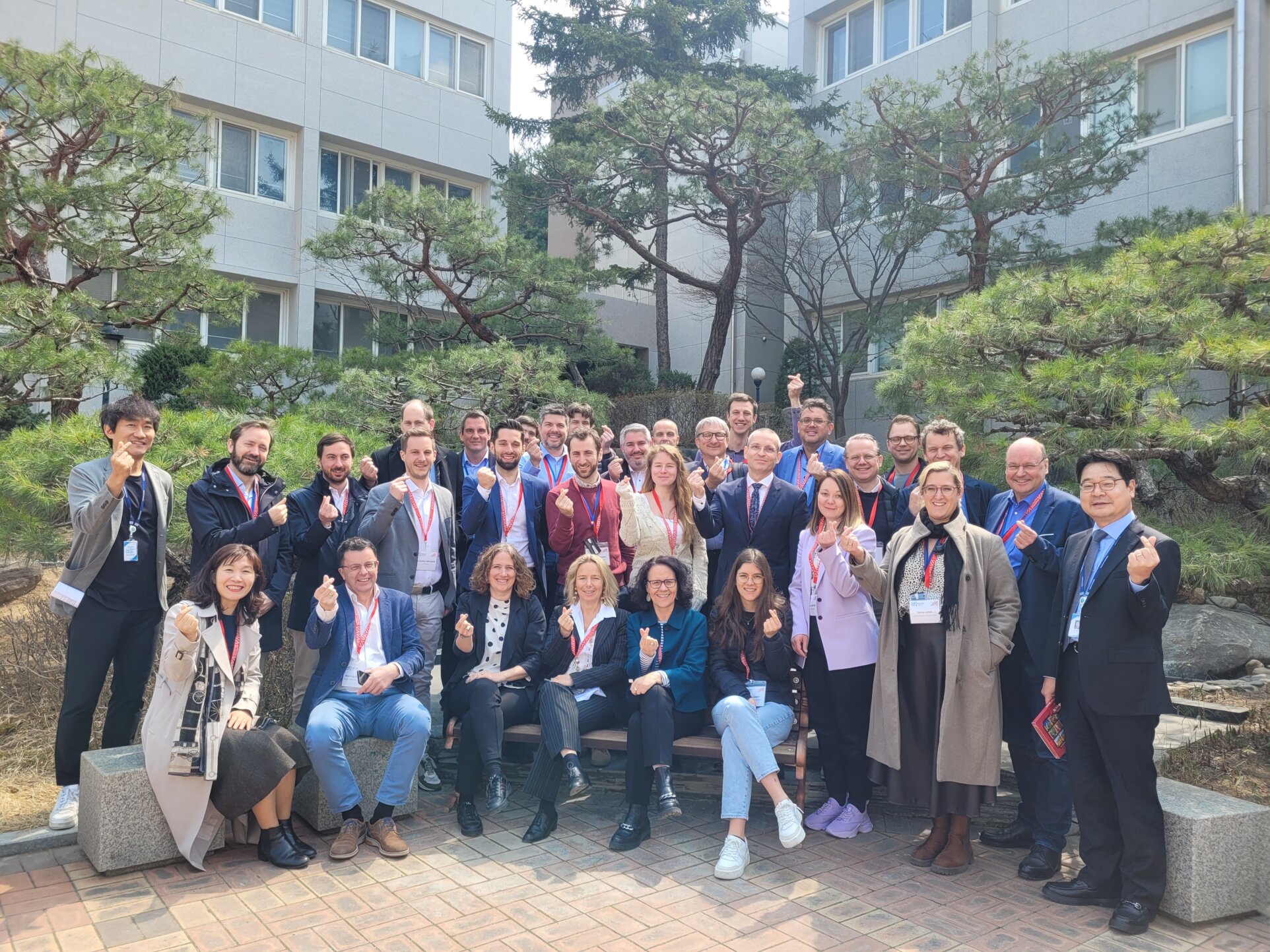
South Korea: How technology, culture and the courage to innovate are shaping education
30. April 2025

Lifelong Learning in Transition: Opportunities and Challenges of AI
17. January 2025
